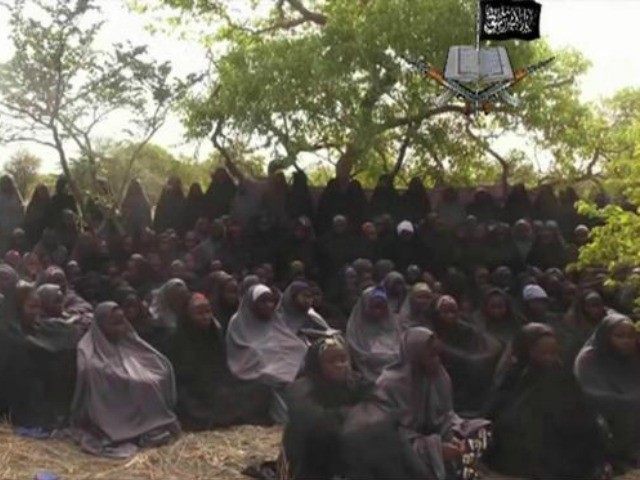Rev. Bruno Ateba, bishop of the Diocese of Maroua-Mokolo in Cameroon, complained in a letter this week that the world pays very little attention to the sufferings of Africans in comparison with treatment accorded to victims in the First World.
“Every day we experience what happened in Paris last January,” the bishop wrote in a message to the group Aid to the Church in Need, referring to the attacks on Charlie Hebdo offices in Paris. “Yet no one cares about our pain.”
The bishop said that violence perpetrated by the jihadist group Boko Haram has seriously affected his diocese, where in 2014, two diocesan staff members, three diocesan catechists, and thirty faithful were put to death by the radical Islamist sect.
His dioceses also saw numerous kidnappings by the group, including that of two Italian priests, don Giampaolo Martha and Father GianAntonio Allegri, seized along with the Canadian religious Sister Gilberte Bussiere last April. They were later released.
“The situation in the north of Cameroon is very difficult,” said Father Allegri, “and Boko Haram training camps are now set up there.”
According to the priest, Boko Haram is also aggressively recruiting young Cameroonians. “Many children are taken away by force or entrusted to Boko Haram by their families in exchange for promises of money and a better life,” he said.
Bishop Ateba claims that Islamists have recruited over 2,000 boys between the ages of 5 and 15 in the last year alone. “Extreme poverty makes the area a huge reservoir from which to draw for new recruits. The young Cameroonians have no prospects and are easy prey of the sect,” he said.
The extensive violence and looting Boko Haram carried out in the north of Cameroon has also resulted in a high number of internally displaced persons. “Our diocese,” said Ateba “is home to at least 55 thousand displaced people, in addition to the many refugees from Nigeria.”
According to the bishop, in addition to the thousands of refugees living in the two camps the United Nations High Commission for Refugees set up in Maroua, thousands of people have found accommodation with friends and relatives, while another 22,000 have found refuge in the bush.
“The situation is particularly dramatic for Amchidé,” said Ateba, “where the violence of Boko Haram has forced the entire village to flee, resulting in the suspension of all pastoral activity.”
“There are human skulls along the side of the street,” he said.
Terrorist attacks have severely damaged the infrastructure of the region—among the poorest in Cameroon—and have caused the closure of 110 schools and 13 health centers.
Follow Thomas D. Williams on Twitter @tdwilliamsrome.

COMMENTS
Please let us know if you're having issues with commenting.